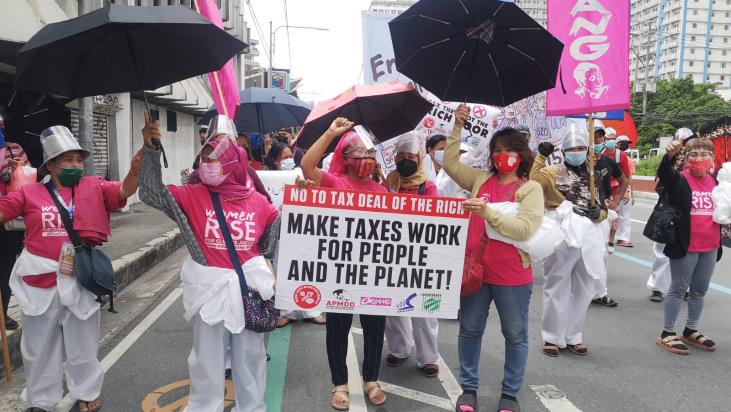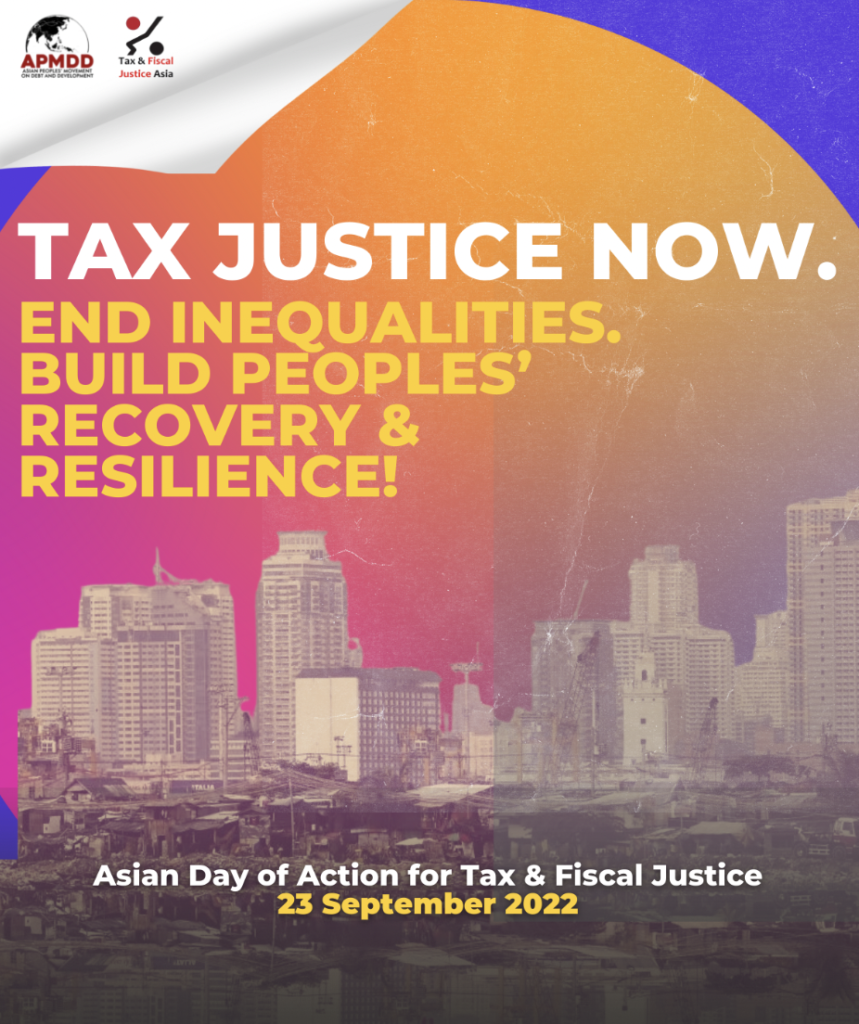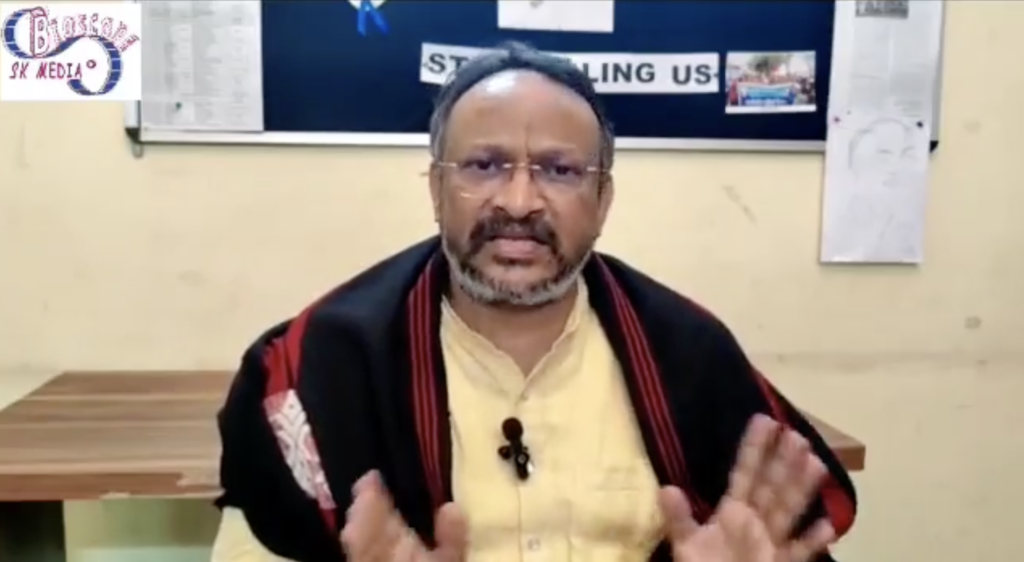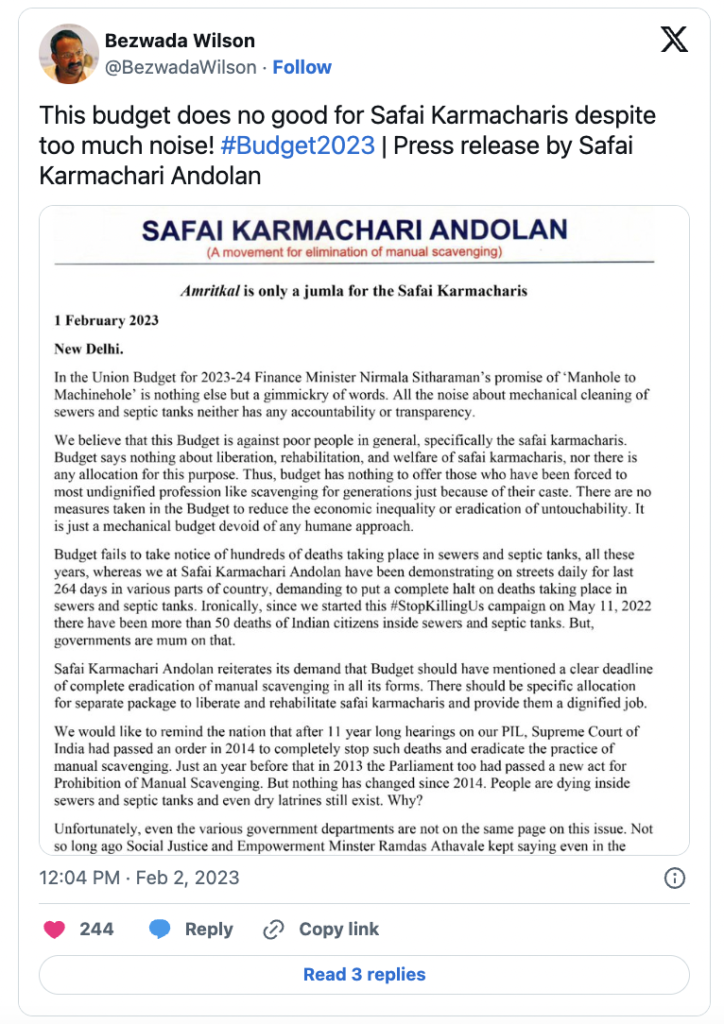Buku Suara Perempuan Marjinal adalah kumpulan suara dan narasi perjuangan perempuan dari berbagai pelosok Indonesia yang mengalami ketimpangan ekonomi dan ketidakadilan gender. Buku ini lahir dari kolaborasi antara Aksi! for gender, social, and ecological justice dan Konde.co. untuk Feminist Journalism Training on Economic Inequality and Gender Injustice tanggal 28-31 Oktober 2023 in Jakarta, ditulis oleh para jurnalis perempuan dari 12 media berbagai kota.
Di dalam buku ini pembaca akan menemui berbagai liputan tentang dampak ekonomi yang mengakibatkan feminisasi kemiskinan, yaitu perempuan seringkali menjadi yang paling terdampak dari ketidaksetaraan struktural. Mulai dari kisah perempuan pesisir di Cilincing yang bergulat dengan proyek reklamasi, hingga kisah perempuan Bali yang menghadapi tantangan ganda dalam memenuhi kebutuhan air bersih. Setiap artikel menghadirkan potret kehidupan nyata, lengkap dengan perjuangan dan harapan para perempuan untuk kehidupan yang lebih adil.
Sebagai benang merah, buku ini menyoroti bagaimana berbagai proyek pembangunan tidak jarang justru mengorbankan perempuan yang hidup di garis kemiskinan. Di saat pemerintah menjanjikan kemajuan, perempuan-perempuan ini justru kehilangan sumber kehidupan dan dipaksa beradaptasi di tengah keterbatasan. Buku ini hadir untuk mengingatkan kita semua bahwa ketimpangan ekonomi dan ketidakadilan gender harus diperangi bersama, dengan menghadirkan jurnalisme yang berpihak pada keadilan sosial dan keberpihakan pada mereka yang terpinggirkan.
Kami berharap, Suara Perempuan Marjinal dapat menjadi bahan renungan dan inspirasi bagi semua pihak untuk terus memperjuangkan hak-hak perempuan di tengah ketimpangan yang masih merajalela.







